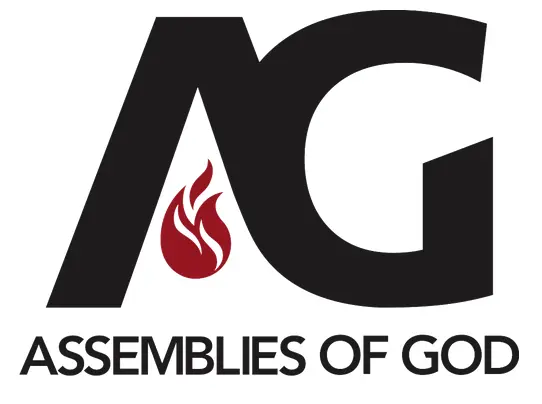The Assemblies of God is the biggest Pentecostal denomination in the world, with 65-70million worshippers congregating at an affiliated Church each week. Pentecostalism is the biggest Protestant denomination that exists, and therefore, the Assemblies of God generates significant interest.
The Assemblies of God is formally known as the World Assemblies of God Fellowship. It is only just over 100 years old – having been founded in Arkansas, 1914, having gained its current name in 1988.
The Assemblies of God has benefitted significantly from the huge membership spike seen in Pentecostalism in recent decades. As the denomination continues to grow, more and more people are showing an interest. In this article, we take a look at five of their key beliefs.

1. The Bible is the ultimate word of the Lord
The Assemblies of God embraces the Bible – and place significant emphasis on it. They believe that The Bible was inspired by God, and is “the infallible, authoritative rule of faith and conduct”.
As mentioned, God inspires the Bible – with the Assemblies of God viewing God as a Trinity – the father, the son and the Holy Spirit. They believe that the Second Coming of Christ will happen at some point in the future – as stated by The Bible.
2. The Statement of Fundamental Truths
The Assemblies of God has a statement that outlines 16 essential doctrines that should be followed by worshippers. These 16 “truths” unite each different Church that makes up the denomination.
There are various areas covered in these truths. Among them is that salvation is received “through repentance towards God and faith toward the Lord Jesus Christ”.
3. The Two Ordinances: Baptism and Communion
A key area in the Assemblies of God is two ordinances that demonstrate a person’s faith in the Church. First is baptism, this is carried out through total immersion. It follows the action of John the Baptist baptising Jesus – which was also achieved through total immersion.
Baptism is seen as the action of a person going from being fallen in sin to being renewed in Christ. A person becomes transformed as a result. As a result of being baptised, a person may speak in tongue – something that is viewed as the Holy Spirit “giving utterance”. Divine healing is another possibility.
The second ordinance is the Eucharist – also called the Lord’s Supper. This involves eating bread and drinking wine, to commemorate and observe Christ’s death on the cross. Jesus commanded his disciples to follow this process, with the bread signifying his body, and the wine as his blood.
4. Divine Healing and Speaking in Tongues
One of the areas that is associated with Pentecostalism is divine healing and speaking in tongues. Assemblies of God believe that miraculous healing through the power of the Holy Spirit is possible.
During worship, the Holy Spirit can also be present to the extent that speaking in tongues is possible. This is seen as a sign that an individual has truly been baptised by the Holy Spirit.

5. Importance of the Great Commission
The Assemblies of God views the Great Commission as the ultimate mission of the Church. The Great Commission refers to the mission of spreading the message of Christianity, and attempting to convert everyone to Christianity. The aim is to educate as many as people as possible, and eventually baptise those that want to become part of the Church.
As a result, many members of the Assemblies of God undertake “missions”, which involves visiting a set area in the world, and attempt to spread the message of Pentecostalism. Much of Pentecostalism’s rise can be attributed to the success of these missions.
The basis of this belief is in the book of Matthew, in the Bible. The specific passage is Matthew 28:16-20. The passage speaks of the need to “make disciples of all nations”. The Assemblies of God has the aim of completing the Great Commission.
The Takeaway
With Pentecostalism continuing to grow in popularity, it is likely that more and more people will soon follow the Assemblies of God, and continue to share the vision of the denomination.
While the above 5 points are the key beliefs of the Assemblies of God, there are many areas that this denomination follows. For more information, you can visit the website of the Assemblies of God.















































